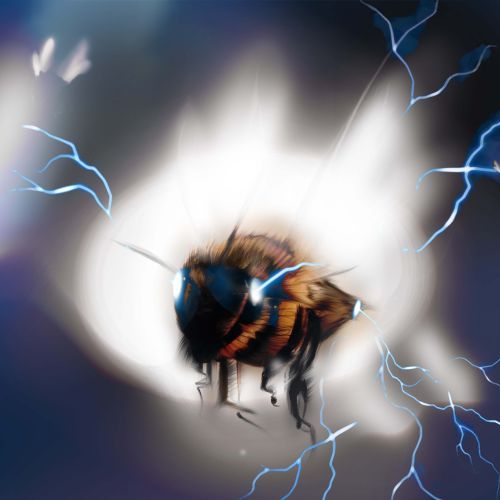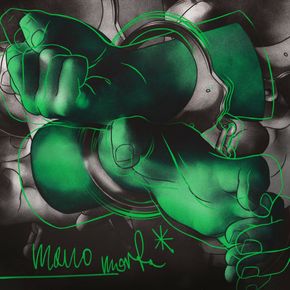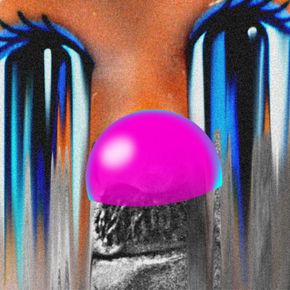Turmeric, vanilla and spicy eating contests
According to the first study of this type by Thai scientists, curcumin contained in turmeric can reduce the surplus of stomach acid as effectively as omeprazole, a drug used to treat stomach ulcers and indigestion. Curcumin has anti-inflammatory and antimicrobial properties and has long been used as a medicinal agent in Southeast Asia. The researchers say, “the new findings […] may justify using curcumin in clinical practice.”
Vanilla is one of the most difficult to obtain and most demanding culinary ingredients to grow – sometimes, its seeds are worth more than silver. Therefore, over 99% of the world’s vanillin – the component of vanilla that gives it its aroma and flavour – is synthesised artificially. In a study by scientists from the Karolinska Institute last year, among the most popular fragrances in the world, vanillin almost unanimously won, and ethyl butyrate, smelling like nectarines in the heat, took second place.
Spicy food and spice-eating contests have been around for years. However, a tragic accident in Massachusetts during one of the challenges prompted Paqui, the manufacturer of tortilla chips, to withdraw the extremely spicy product sold as part of the “One Chip Challenge”. According to Elisa Trucco, a professor of psychology at Florida International University, ultra-spicy products marketed solely for challenges – and possible Internet fame – are a new phenomenon, and teenagers are especially vulnerable to them because of social media.



























